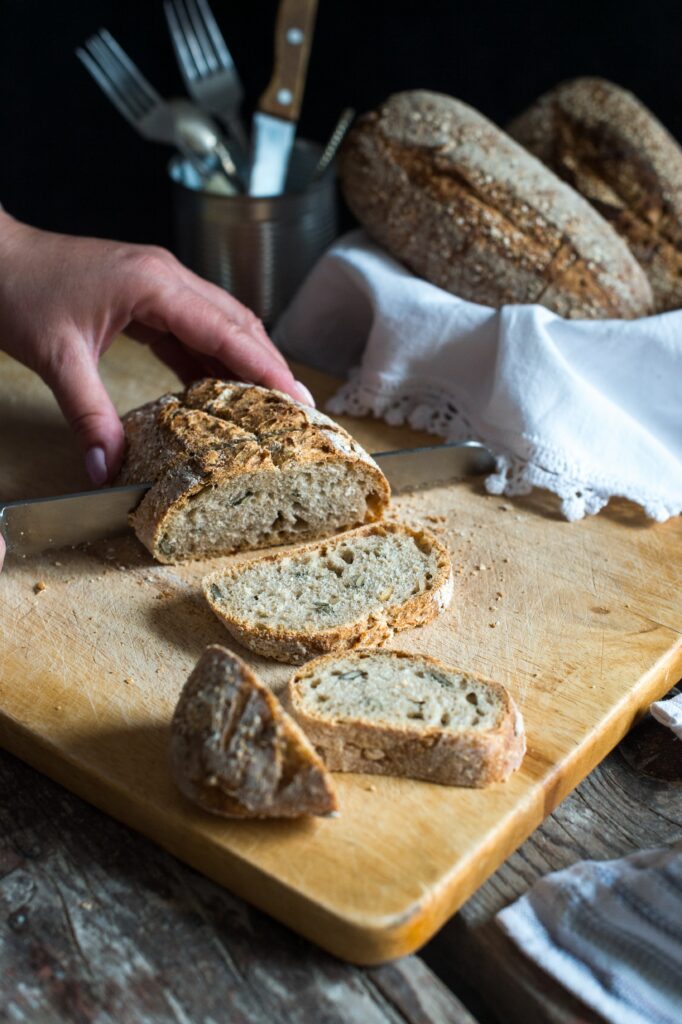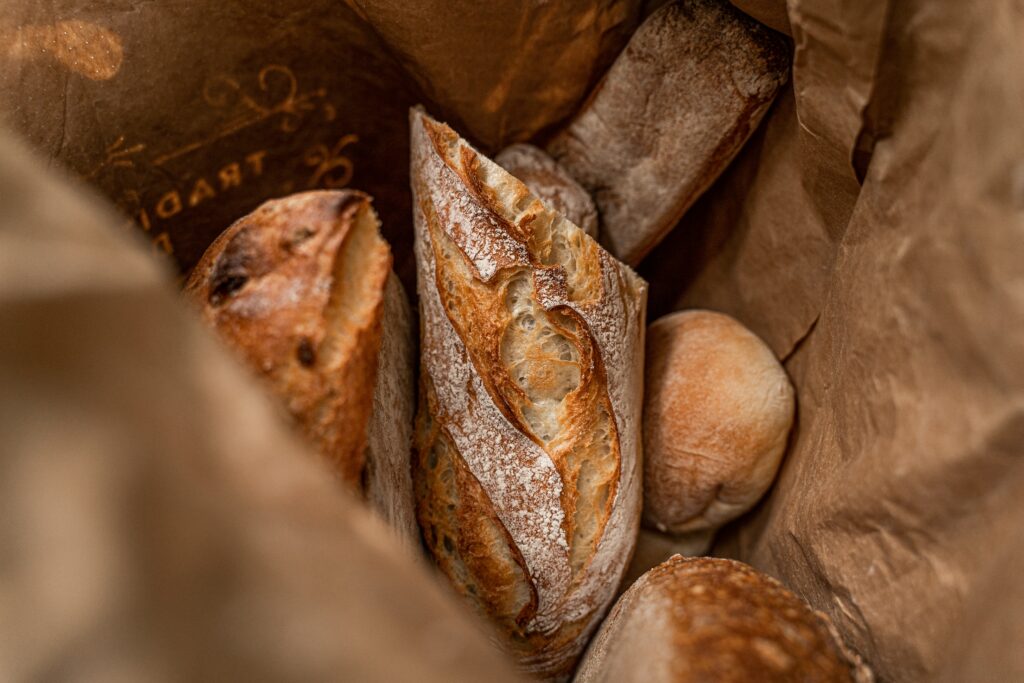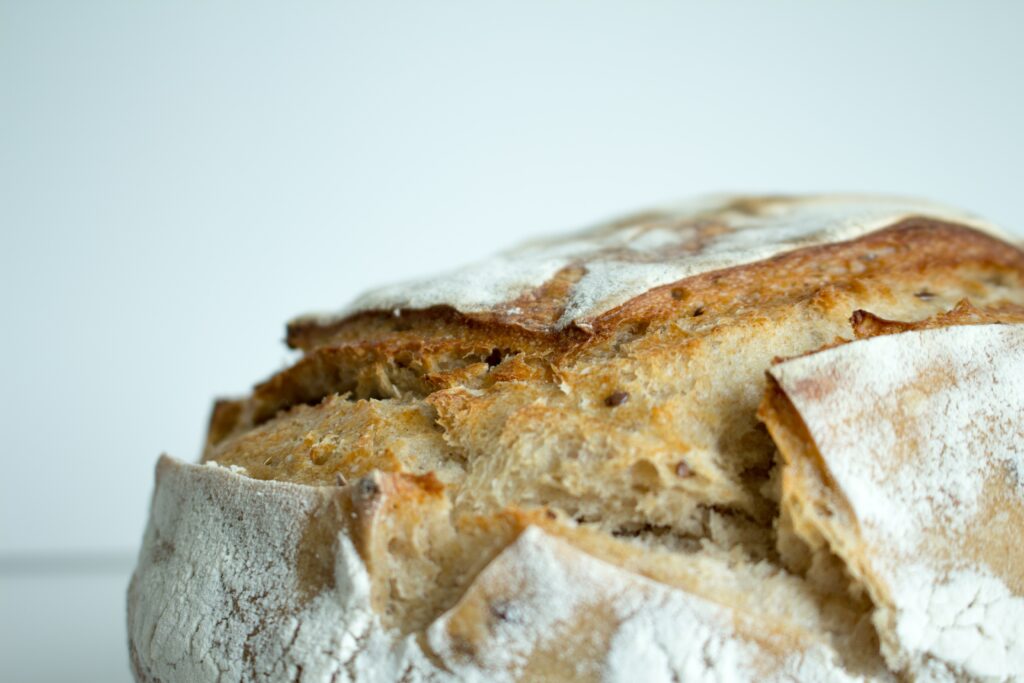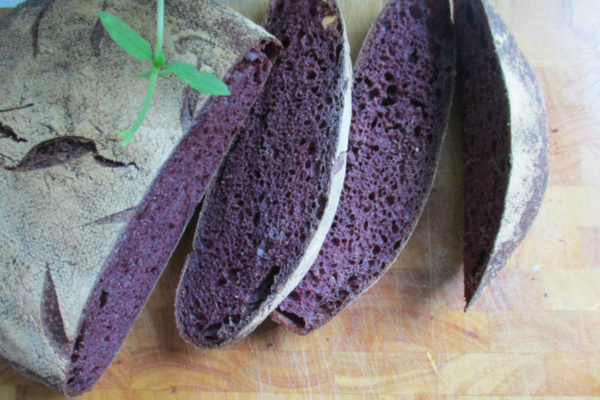Bread, an age-old dietary staple and a symbol of sustenance, is continuously evolving. In 2024, food manufacturers are set to reshape the bread landscape to meet the changing tastes and demands of consumers. This year, production will witness a series of exciting trends that promise to redefine this timeless staple. Delve into these trends, shedding light on the future of bread for food manufacturers.


1. Artisanal Bread Excellence with Modern Efficiency
Consumers are still seeking the artisanal charm of bread but with the convenience of modern living. Food manufacturers are responding by marrying traditional techniques with efficient production methods. Moreover, automated systems that emulate hand-crafted processes, such as slow fermentation and stone milling, will be integrated to capture the essence of artisanal baking.
2. Flour Diversity in Upcoming Bread Trends
While wheat flour remains a cornerstone, 2024 will see a surge in diverse flour varieties. Consumers are becoming more adventurous with their choices, and manufacturers are experimenting with flours like teff, kamut, and purple corn. In addition, these alternative flours offer unique flavors, textures, and nutritional benefits.
3. Gluten-Free Revolution Continues
Gluten-free diets are still on the rise, prompting food manufacturers to expand their gluten-free offerings. Innovations in gluten-free flour and improved formulations will produce bread that rivals traditional counterparts in taste and texture. Furthermore, you can expect even more gluten-free options catering to a growing consumer base in the future.
4. Functional Ingredients Shine
Functional ingredients will take center stage in bread production. Thus, food manufacturers are incorporating ingredients like seeds, nuts, ancient grains, and superfoods into their bread formulations. As a result, these additions not only enhance nutrition but also provide appealing textures and flavors.
5. Health-Centric Bread
Health-conscious consumers are here to stay, and bread is no exception. Food manufacturers are developing products with reduced sodium, lower sugar content, and cleaner ingredient lists. Nutrient-dense bread fortified with vitamins, minerals, and plant-based proteins will continue to gain popularity.
6. Sustainability is Paramount
Sustainability remains a key concern for both consumers and food manufacturers. Producers of this grain are adopting eco-friendly practices by sourcing local ingredients, reducing waste, and implementing sustainable packaging solutions. Aligning with environmentally conscious values will resonate with eco-conscious consumers.
7. Fermentation Innovation
Fermentation is a timeless breadmaking technique, but innovation is taking it to new heights. Food manufacturers are experimenting with different fermentation methods, such as wild fermentation and sourdough starters, to enhance flavor, texture, and shelf life. Fermentation also contributes to the development of gluten-free and easier-to-digest bread.
8. Convenient On-the-Go Solutions
Consumers’ busy lifestyles are driving the demand for convenient, on-the-go bread options. Food manufacturers are creating single-serve and portable bread products, including sandwiches, wraps, and roll-ups, to cater to consumers looking for quick, satisfying, and portable meals.
9. Flavor Exploration Continues
Bread is no longer just plain white or wheat. Food manufacturers are embracing flavor exploration by infusing bread with herbs, spices, and global-inspired ingredients. Flavors like roasted garlic, rosemary and olive, and curry-spiced bread continue to captivate adventurous palates.
10. Technological Advancements Persist
Advancements in food technology are continuously optimizing the bread production process. High-speed ovens, improved dough conditioners, and precision mixing equipment are enhancing efficiency while maintaining product quality.
11. Allergen-Friendly Options Expand
With the rise in food allergies, food manufacturers are developing allergen-friendly bread. Products that are free from common allergens like nuts, soy, and dairy are becoming more readily available, catering to individuals with specific dietary needs.
12. Personalized Bread Experiences Evolve
Technology is enabling personalization in bread production. Food manufacturers are exploring the use of artificial intelligence and data analytics to create bread products tailored to individual preferences, including taste, texture, and nutritional requirements.

In 2024, the world of bread production for food manufacturers is poised for innovation. From the fusion of artisanal craftsmanship with modern efficiency to diverse flour varieties, gluten-free options, and a focus on health and sustainability, the bread industry is evolving to meet the diverse demands of consumers. Embracing these trends not only satisfies evolving tastes but also positions manufacturers as leaders in the ever-evolving world of bread production. The future of bread is a dynamic and exciting one, where tradition meets innovation to create a truly delightful and diverse array of bread products for consumers worldwide.
